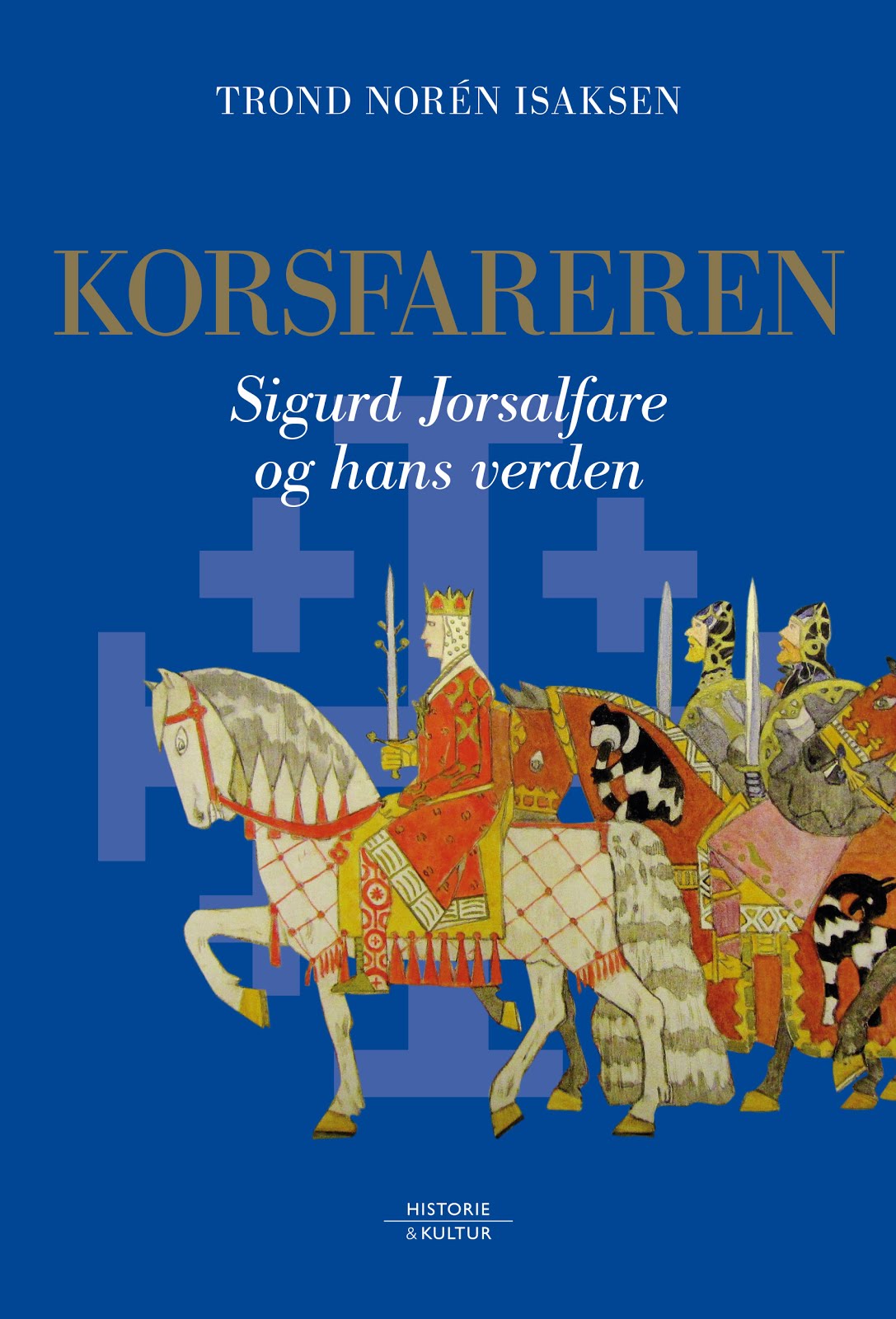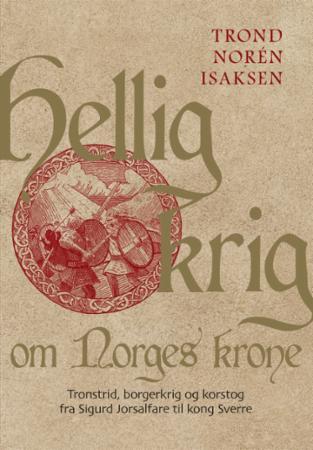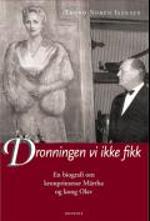Buckingham Palace has announced that Queen Elizabeth II of Britain has created her grandson Prince William Duke of Cambridge, Earl of Strathearn and Baron Carrickfergus. This follows what has become something of a tradition of royal peerages being made up of titles from England, Scotland and (Northern) Ireland.
A royal dukedom comes in addition to, not in place of a princely title, so this does not mean that Prince William will cease being a prince and become a duke instead, but he will from now on be officially styled His Royal Highness the Duke of Cambridge and not His Royal Highness Prince William of Wales.
As a British woman shares all her husband’s titles it also means that the complete titles of Catherine Middleton after the wedding today will be Her Royal Highness, Princess of the United Kingdom of Great Britain and Northern Ireland, Duchess of Cambridge, Countess of Strathearn and Baroness Carrickfergus, but that she will be styled Her Royal Highness the Duchess of Cambridge.
Cambridge has been one of the dukedoms to appear most frequently in the speculations and it has strong royal connections. It is said that it was the intention that it should be given to Prince Edward upon his marriage in 1999, but that the changed his mind after watching the film Shakespeare in Love and asked to be created Earl of Wessex instead.
The last creation of the dukedom of Cambridge was in 1801 by King George III for his son Adolphus Frederick, the great-geat-grandfather of Queen Elizabeth II. That creation became extinct with the death of Adolphus Frederick's son, Prince George, in 1904, but in 1917 the title of Marquess of Cambridge was created for the late Duke's nephew Adolphus, a brother of Queen Mary. This title became extinct with the death of his son in 1981.
The dukedom of Cambridge was also held by the future George II from 1706 until his accession to the throne in 1727 and by no less than four sons of the future James II, who all died in infancy. It has in other words never been a particularly long-lived peerage and in this case it will also merge with the crown once Prince William succeeds to the throne.
Strathearn, now an earldom, has earlier been a royal dukedom, most recently held by George III’s younger brother Henry Frederick, Duke of Cumberland and Strathearn, then by George III’s fourth son Prince Edward, Duke of Kent and Strathearn, who was Queen Victoria’s father, and finally by Queen Victoria's third son Prince Arthur, Duke of Connaught and Strathearn. It became extinct with the death of the latter’s grandson Alastair in 1943.
It has earlier been an earldom dating back to 1357, when it was created for Robert Stewart, who held the title until he succeeded to the Scottish throne as Robert II in 1371. It was later given to his sixth son.
Carrickfergus has never been a royal peerage before, but is the oldest town in County Antrim.
Subscribe to:
Post Comments (Atom)





Tank you for this and the other entries regarding the titles given to royal princes. I thought I sent a comment or rather a question in connection with these entries earlier but I am afraid it might have been lost somewhere in cyberspace. My question was if the dukedoms given to the princes earlier was primarily a way of giving them a seat in the House of Lords and thus a political platform. If this is so do you know when the royal peers ceased to appear in the House of Lords?
ReplyDeleteMarin Rahm
Indeed I have never received any such question from you before. Modern history is my field, so I am not sure what were originally the main reasons for creating royal dukedoms, which would be in medieval times, but I can imagine that a seat in the House of Lords might indeed have been one such reason. I think the House of Lords has not been used as a political platform by royal dukes since the reign of Queen Victoria. The reason why Prince Albert was never given a peerage was apparently that one did not want him to acquire a seat in the House of Lords, which would give him, considered a foreigner, a voice in British politics.
ReplyDelete